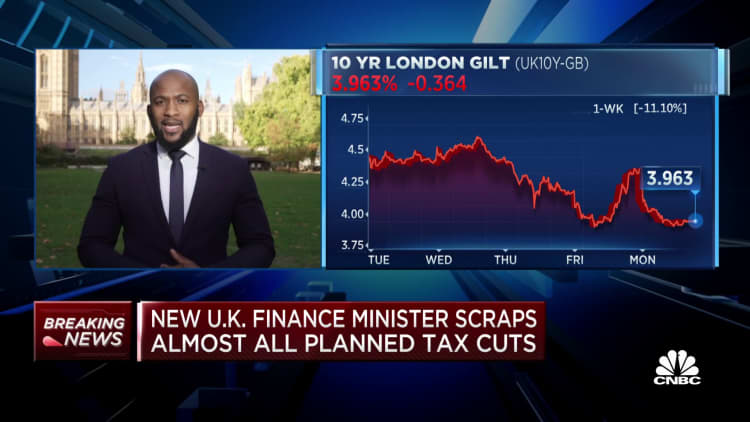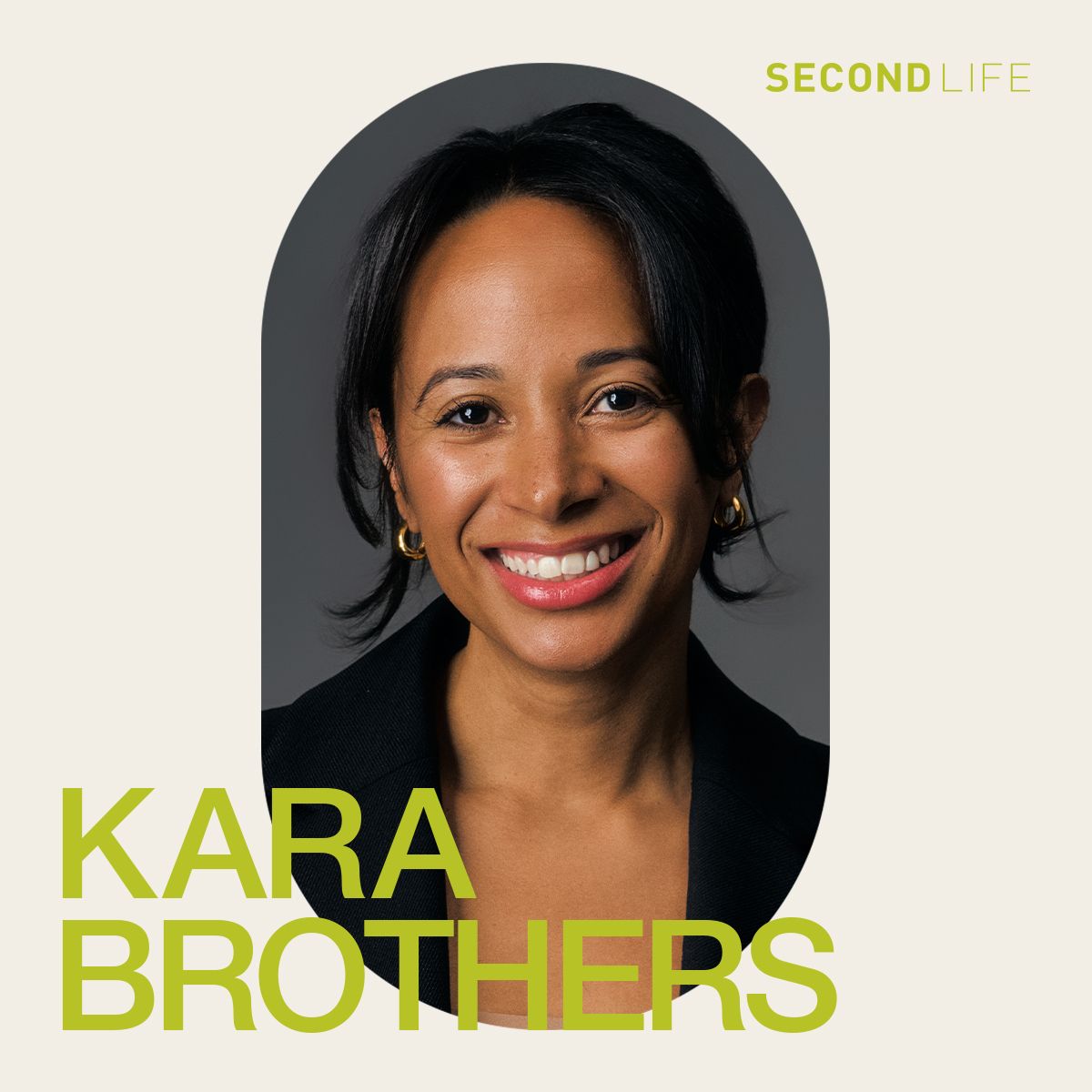The Office for National Statistics announced inflation figures Wednesday as the U.K. undergoes a historic cost-of-living crisis and political turmoil.
Westend61 / Getty Images
LONDON — The consumer price index rose 10.1% in September, according to estimates published Wednesday by the Office for National Statistics, just exceeding a consensus forecast among economists polled by Reuters.
Reuters estimated an increase of 10% for September. The figure for September matches the 40-year high British inflation reached in July.
The rate rose in the year to September 2022 as the country’s cost-of-living crisis continues to hammer households and businesses ahead of a tough winter. Inflation unexpectedly dipped to 9.9% in August, down from 10.1% in July, on the back of a fuel price decline.
Increasing food, transport and energy prices were the biggest contributing factors to inflation, the ONS said. Food was up 14.6% year-on-year, transport was up 10.9% compared to last year, while the price of furniture and household goods rose 10.8%.
Sterling fell against the dollar following the news, trading at $1.1289, down from $1.1330.
The inflation data will also impact the Bank of England’s approach for the near term, just as the Bank plans to sell off some of its government bonds, known as gilts, from Nov. 1.
Britain’s Finance Minister Jeremy Hunt said in a statement that “help for the most vulnerable” will be a priority as the U.K. weathers high inflation rates, along with “delivering wider economic stability and driving long-term growth that will help everyone.”
September’s inflation rate highlights the severity of the U.K.’s inflation crisis, and comes as the country weathers a period of economic volatility.
On Monday the new British Finance Minister Jeremy Hunt reversed the majority of the tax cuts introduced by his predecessor, Kwasi Kwarteng, on Sept. 23, and Prime Minister Liz Truss apologized for “mistakes” that had caused severe market turbulence.
Questions are now being raised over how long Truss will remain in office.



























































![Mason Ramsey – Twang [Official Music Video] Mason Ramsey – Twang [Official Music Video]](https://i.ytimg.com/vi/xwe8F_AhLY0/maxresdefault.jpg)





















